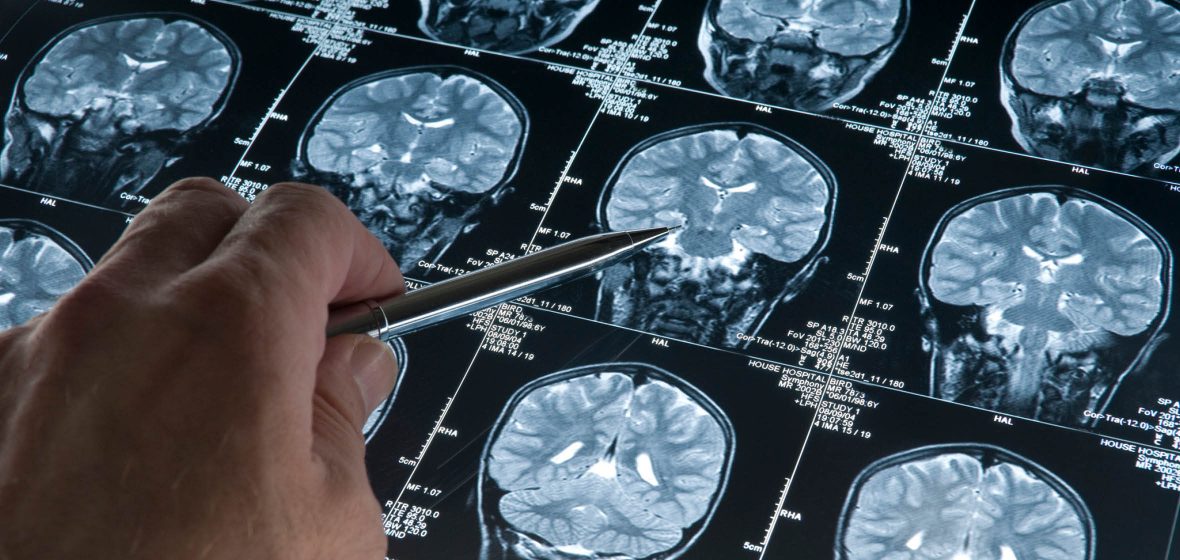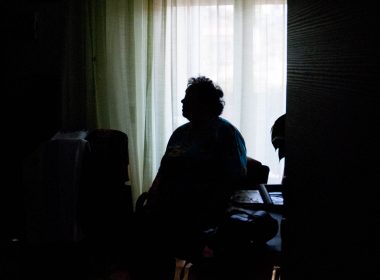Snapshot
- The nature of cognitive decline is that an individual may not realise the level of insight they have lost and the impact it has on their cognitive abilities in their day-to-day life.
- It is very important that the attending medical practitioner provide an early diagnosis.
- The role of impaired insight and resultant misappraisal of significant others requires greater appreciation as a major contributing factor in the escalation and perpetuation of pre-existing family tensions within a guardianship context and as a threat to legal capacity
Insight, in a medical context, refers to a person’s awareness or recognition of their illness, symptoms or medical condition.
Insight often declines in the context of damage or injury to the brain.
The amount of insight that is lost can vary. Some individuals retain an awareness of their cognitive loss, yet fail to appreciate the full extent of their cognitive difficulties and are consequently unable to grasp the implications the cognitive decline has on the level of support they require to function safely and efficiently each day.
Other individuals experience a complete lack of insight into their altered brain function. They show no recognition of the cognitive losses they have sustained, and no acceptance of the fact their brain function and/or support needs have changed. The neuropsychological term that is ascribed to the complete loss of awareness of a diagnosed illness or cognitive symptoms is ‘anosognosia’.
What gives rise to a loss of insight?
There are a number of different forms of damage to the brain that can give rise to a loss of insight.
In the context of memory impairment, it can be difficult and at times impossible for an individual to remember that they are forgetting. If, for example, we are no longer able to recall conversations we have had and things we have done in our recent past (i.e. minutes, hours, days, weeks and months ago), how might it be possible to realise and retain an understanding of our memory problem?




